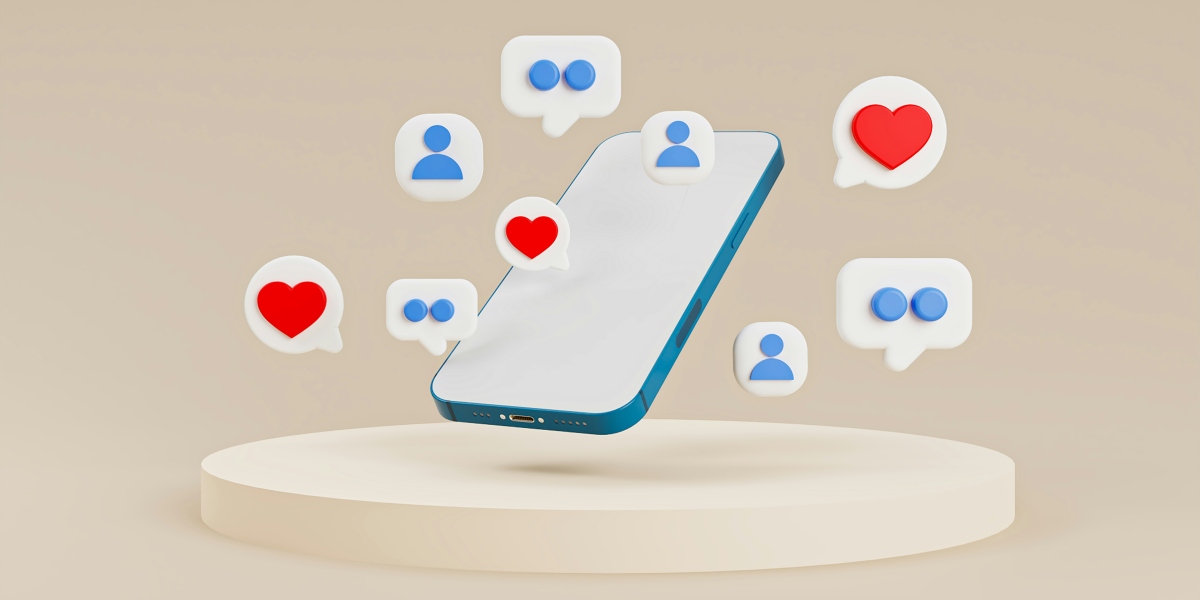By: Neha Zubair
Millions of people now turn to social media for mental health advice. Platforms like TikTok, Instagram, and Facebook have created unprecedented access to mental health discussions. At the same time, they have become breeding grounds for dangerous misinformation that affects how people understand and treat their psychological well-being.
Prevalence of Mental Health Misinformation
A comprehensive scoping review by the National Institutes of Health examined mental health content across major platforms in 2025. The findings raised significant concerns. A substantial portion of mental health content on TikTok and Instagram was found to contain clinically incorrect advice. Teenagers and young adults were identified as particularly vulnerable to this misinformation. Many in Gen Z and Millennials increasingly self-diagnose mental health conditions based on the videos and posts they encounter online.TikTok content garners billions of views despite often lacking any professional oversight or verification.
Types and Examples of Misinformation
Psychological terms have been stripped of their clinical meanings. Words like “gaslighting,” “toxic relationships,” and “boundaries” get misused so frequently that people struggle to understand what these concepts actually mean. A troubling trend called “sadfishing” has been noted in various studies, where individuals exaggerate emotional distress for attention and validation on social media. This behavior often leads people to follow viral advice that may not be helpful. In some cases, participants reported that their symptoms worsened rather than improved. Social validation mechanisms on these platforms may reinforce unhelpful behaviors rather than promote genuine healing.
Impacts on Mental Health
The NIH review identified specific harms from consuming inaccurate mental health content. Users experienced increased anxiety and confusion after encountering contradictory information. Delayed professional treatment became a significant issue as people believed they could diagnose and manage their own conditions. Dr. Brooke Keels, Chief Clinical Officer at Lighthouse Recovery Texas, explains the severity of the issue. “Social media has become a go-to source for mental health information, and the problem is that people are making life-altering decisions based on content that’s often completely inaccurate,” Keels states. “It is now the norm to self-diagnose because of viral videos. Some even try unverified coping strategies or remedies that actually make their symptoms worse.”
A 2025 ScienceDirect review interviewed mental health professionals about their clinical experiences. Clinicians reported growing numbers of patients arriving with self-diagnosed conditions based entirely on social media content. Correcting these misunderstandings and realigning expectations for evidence-based treatment complicated the therapeutic process significantly. Keels adds that “these platforms create echo chambers where harmful advice gets validated and reinforced, leading people to delay or avoid professional treatment altogether.”
Psychosocial and Sociocultural Considerations
The impact varies depending on how people engage with mental health content online. A 2025 study in Scientific Reports found that some young people felt empowered and supported when participating in well-moderated mental health communities. The quality of the content and the effectiveness of platform moderation determined whether the experience was helpful or harmful. Poorly moderated spaces allowed misinformation to spread and reinforced harmful stereotypes about mental illness. Adolescents already experiencing mental health challenges proved especially vulnerable to inaccurate information that validated unhealthy coping mechanisms.
Recommendations and Strategies
Solutions exist and have proven effective. The LifeStance Wellness Institute tested media literacy programs in high schools in 2025. Students who completed these programs became better at identifying misinformation. They also showed increased willingness to consult licensed mental health professionals before acting on social media advice. Michael Anderson, Licensed Professional Counselor at Healing Pines Recovery, emphasizes the importance of education. “Media literacy education can help people develop the critical thinking skills needed to distinguish between credible mental health information and content designed purely for engagement,” Anderson notes.
Social media platforms need stronger content moderation policies specifically for mental health information. Amplifying the voices of verified professionals would help users distinguish credible advice from misinformation. Healthcare providers should discuss social media’s influence with patients directly. Educational initiatives teaching digital literacy skills can help users critically evaluate mental health content before accepting it as fact. These combined strategies can protect vulnerable users while preserving social media’s potential to reduce stigma around mental illness.
Disclaimer: The content of this article is for informational purposes only and does not substitute for professional mental health advice. The views and opinions expressed are those of the author and do not necessarily reflect the views of any organization or professional body. Social media content related to mental health can often be misleading or unverified. Always seek guidance from a licensed healthcare provider before making decisions about your mental health or treatment options. This article does not endorse any specific claims or strategies shared on social media and encourages critical evaluation of such content.
















